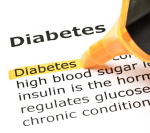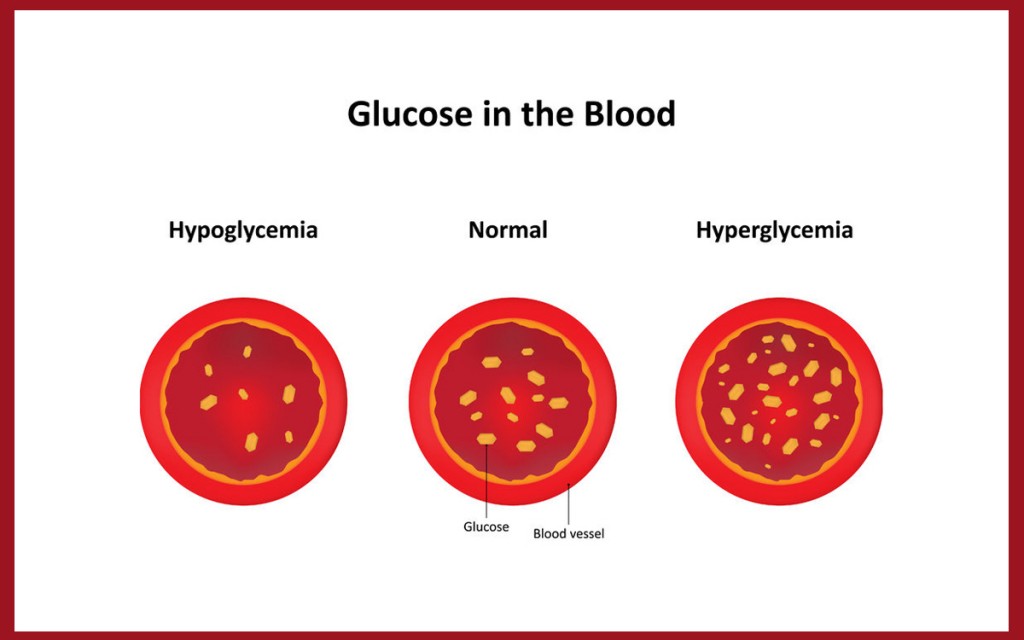
 What is Impaired Glucose Tolerance (IGT)?
What is Impaired Glucose Tolerance (IGT)?
Impaired glucose tolerance (IGT) is a term to describe when a person has elevated blood sugar (blood glucose) in response to eating.
IGT is diagnosed when blood sugar levels are not normal, but not high enough to be classified as diabetes.
IGT is one reason why a person may be diagnosed with pre-diabetes. IGT carries an increased risk of developing type 2 diabetes.
Oral Glucose Tolerance Test Ranges
(except during pregnancy);
(per American Diabetes Association Guidelines)
| 2 Hours after drinking 75 grams of glucose | Indication |
| Less than 140, or 7.8 mmol/L | Normal glucose tolerance, not diabetic |
| From 140 to 200 mg/dL, or 7.8 to 11.1 mmol/L | Impaired glucose tolerance (IGT), or Pre-diabetes |
| Over 200 mg/dL, or 11.1 or higher on more than one occasion | Type 2 Diabetes (an OGTT would never be given to a person suspected of having type 1 diabetes) |
How to Improve Glucose Tolerance
Lifestyle changes including weight loss and an exercise program, as well as oral medications can improve glucose tolerance.
There is no cure for type 2 (or type 1) diabetes, but pre-diabetes can often be completely reversed with proper medical intervention and changes in lifestyle.



